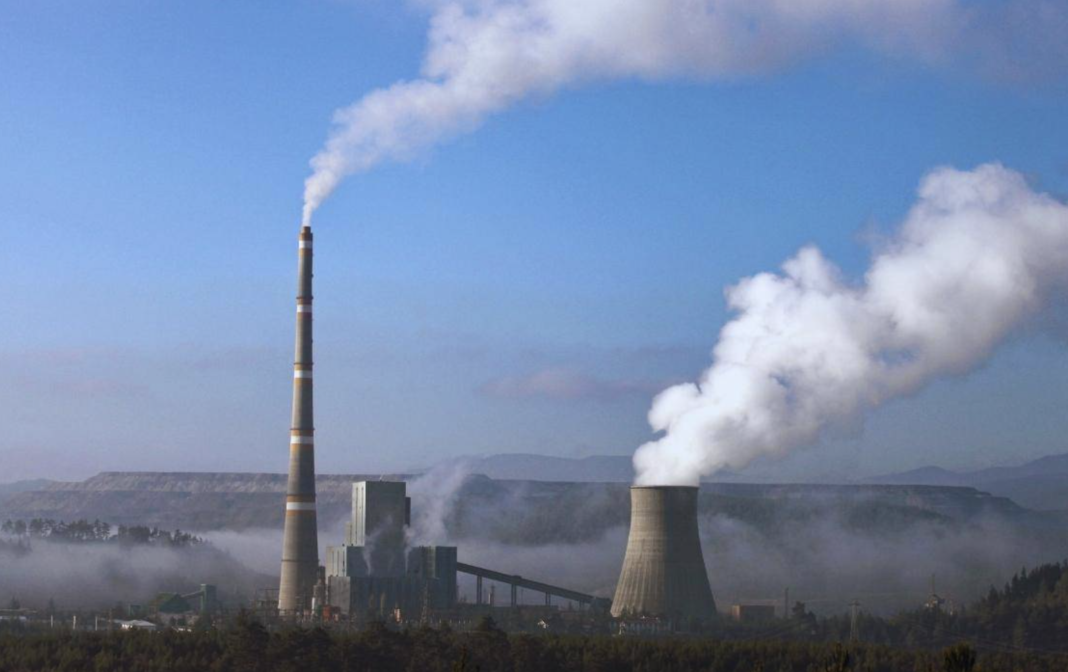Despite its relatively low historical responsibility for the climate crisis, today, Turkey is one of the top 15 countries with the highest total emissions and its climate goals are considered « critically insufficient. »
November 28, 2023, Bianet English.
The 28th Conference of the Parties (COP28) to the United Nations Framework Convention on Climate Change, which will take place in the United Arab Emirates from November 30 to December 12, has also brought Turkey’s climate performance into focus.
As frequently emphasized by Ankara, Turkey has relatively low historical responsibility for greenhouse gas emissions. However, its current responsibility is increasing: as of 2021, Turkey has risen to 14th place among the highest emitting countries. Nevertheless, its climate goals are criticized as being « critically insufficient. »
Turkey needs to set strong climate goals and have a say in international negotiations, especially on issues related to climate justice to protect both its economy and citizens who will be adversely affected by the climate crisis.
Turkey and 7 other countries « critically insufficient »
According to the analysis by Climate Action Tracker, an independent scientific analysis site that examines climate crisis goals of not only the EU countries but also 39 other countries, Turkey received the worst rating, ‘critically insufficient,’ in all evaluated categories. The net-zero target for 2053 on the other hand, evaluated in a separate category, was rated as « inadequate. »
Climate Action Tracker, which seeks to create pressure by informing the public to encourage governments to develop stronger climate change plans, evaluates only seven countries, as « critically insufficient » besides Turkey. The other countries in this category are Russia, Mexico, Argentina, Thailand, Vietnam, and Iran. However, upon closer examination of the details of these countries’ plans, it is observed that only Iran received a worse rating than Turkey and this is because Iran has not yet announced a net-zero target.
We can express how severe the situation is as follows: According to this analysis, in a scenario where all countries make plans as insufficient as Turkey’s, global warming will exceed the target of 1.5°C-2°C set by the Paris Agreement, reaching at least double that, with a temperature rise of 4°C.
In a statement made in 2021, Turkey announced that it would achieve the net-zero emissions target by 2053. Two years later, it also updated its greenhouse gas reduction target. The Initial National Determined Contribution pledged to reduce emissions by 21% in 2030 compared to 2012. The Updated First National Determined Contribution submitted in 2023 commits to a 41% reduction in emissions for the same period.
Set target can be reached without any serious action
While this was a higher target, it does not actually anticipate a real reduction since it is based on the year 2012. According to this plan, emissions in 2030 will increase by 33% compared to 2020 and by 248% compared to 1990. In essence, Turkey is still far from the goal of keeping global warming at 1.5°C.
Climate Action Tracker criticizes Turkey because it will achieve the updated 2030 targets even if it continues its normal economic activities. This is because Turkey’s emission increase rate is calculated at the same level as the initial declaration in 2015. This data, which is much higher than the actual emission increase rate, causes an inflation in Turkey’s 2030 emission projections. Thus, Turkey’s emission reduction turns into a target it can reach without taking any significant steps while continuing normal economic activities. In short, Turkey has set an emission target that it can almost achieve without any serious action.

